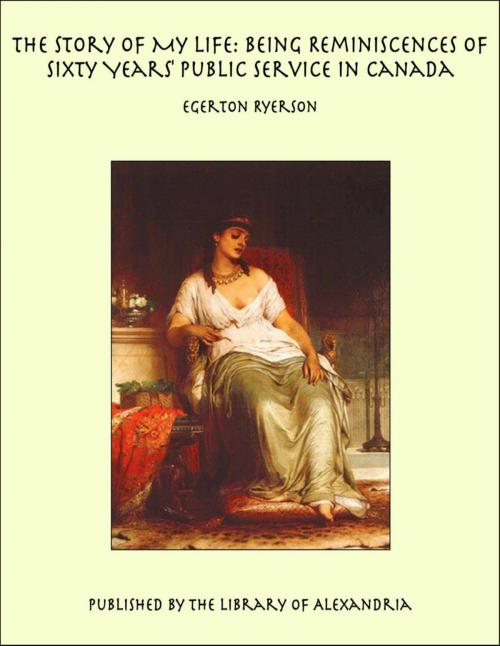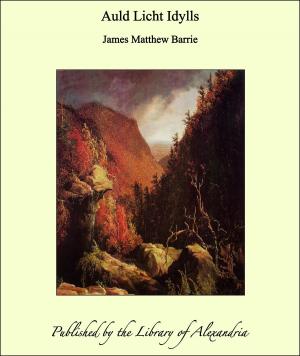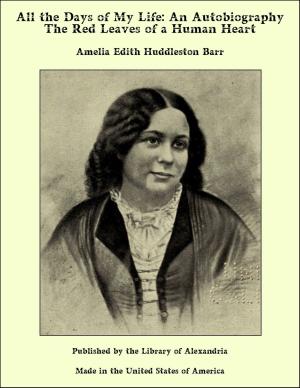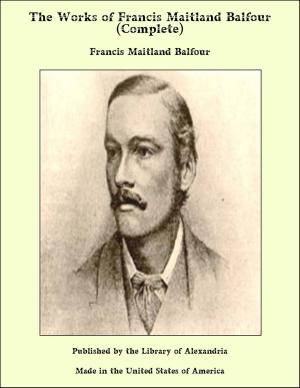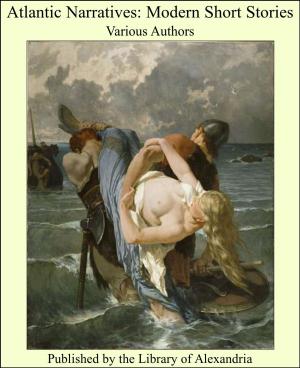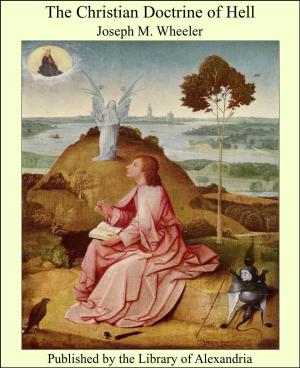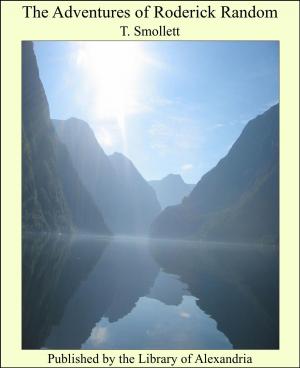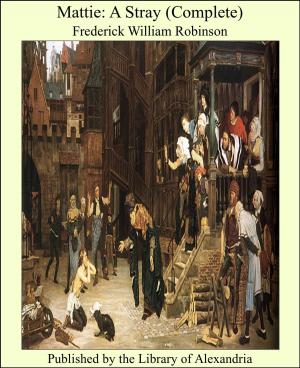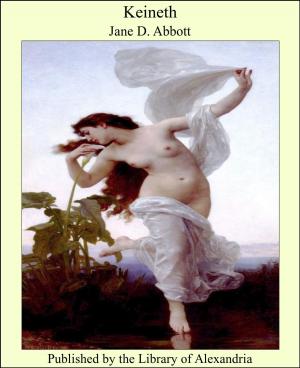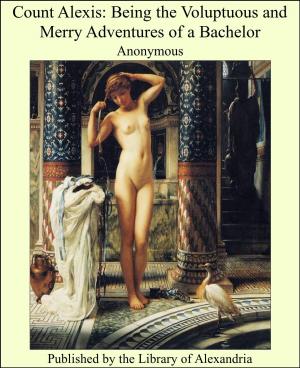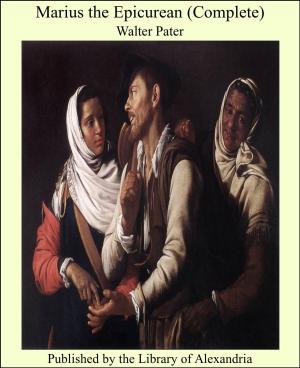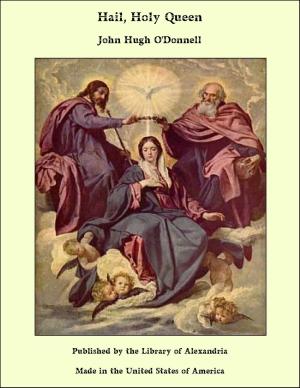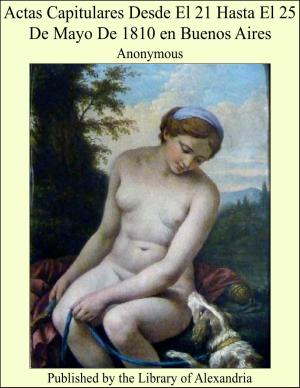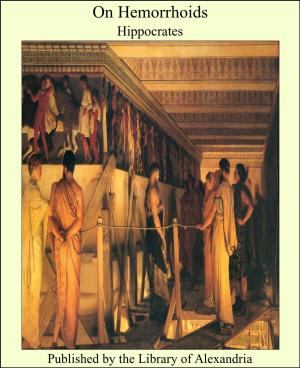The Story of My Life: Being Reminiscences of Sixty Years' Public Service in Canada
Nonfiction, Religion & Spirituality, New Age, History, Fiction & Literature| Author: | Egerton Ryerson | ISBN: | 9781465549280 |
| Publisher: | Library of Alexandria | Publication: | March 8, 2015 |
| Imprint: | Language: | English |
| Author: | Egerton Ryerson |
| ISBN: | 9781465549280 |
| Publisher: | Library of Alexandria |
| Publication: | March 8, 2015 |
| Imprint: | |
| Language: | English |
Twelve months ago, I began to collect the necessary material for the completion of "The Story of My Life," which my venerated and beloved friend, Dr. Ryerson, had only left in partial outline. These materials, in the shape of letters, papers, and documents, were fortunately most abundant. The difficulty that I experienced was to select from such a miscellaneous collection a sufficient quantity of suitable matter, which I could afterwards arrange and group into appropriate chapters. This was not easily done, so as to form a connected record of the life and labours of a singularly gifted man, whose name was intimately connected with every public question which was discussed, and every prominent event which took place in Upper Canada from 1825 to 1875-78. Public men of the present day looked upon Dr. Ryerson practically as one of their own contemporaries—noted for his zeal and energy in the successful management of a great Public Department, and as the founder of a system of Popular Education which, in his hands, became the pride and glory of Canadians, and was to those beyond the Dominion, an ideal system—the leading features of which they would gladly see incorporated in their own. In this estimate of Dr. Ryerson's labours they were quite correct. And in their appreciation of the statesmanlike qualities of mind, which devised and developed such a system in the midst of difficulties which would have appalled less resolute hearts, they were equally correct. But, after all, how immeasurably does this partial view of his character and labours fall short of a true estimate of that character and of those labours! As a matter of fact, Dr. Ryerson's great struggle for the civil and religious freedom which we now enjoy, was almost over when he assumed the position of Chief Director of our Educational System. No one can read the record of his labours from 1825 to 1845, as detailed in the following pages, without being impressed with the fact that, had he done no more for his native country than that which is therein recorded, he would have accomplished a great work, and have earned the gratitude of his fellow-countrymen
Twelve months ago, I began to collect the necessary material for the completion of "The Story of My Life," which my venerated and beloved friend, Dr. Ryerson, had only left in partial outline. These materials, in the shape of letters, papers, and documents, were fortunately most abundant. The difficulty that I experienced was to select from such a miscellaneous collection a sufficient quantity of suitable matter, which I could afterwards arrange and group into appropriate chapters. This was not easily done, so as to form a connected record of the life and labours of a singularly gifted man, whose name was intimately connected with every public question which was discussed, and every prominent event which took place in Upper Canada from 1825 to 1875-78. Public men of the present day looked upon Dr. Ryerson practically as one of their own contemporaries—noted for his zeal and energy in the successful management of a great Public Department, and as the founder of a system of Popular Education which, in his hands, became the pride and glory of Canadians, and was to those beyond the Dominion, an ideal system—the leading features of which they would gladly see incorporated in their own. In this estimate of Dr. Ryerson's labours they were quite correct. And in their appreciation of the statesmanlike qualities of mind, which devised and developed such a system in the midst of difficulties which would have appalled less resolute hearts, they were equally correct. But, after all, how immeasurably does this partial view of his character and labours fall short of a true estimate of that character and of those labours! As a matter of fact, Dr. Ryerson's great struggle for the civil and religious freedom which we now enjoy, was almost over when he assumed the position of Chief Director of our Educational System. No one can read the record of his labours from 1825 to 1845, as detailed in the following pages, without being impressed with the fact that, had he done no more for his native country than that which is therein recorded, he would have accomplished a great work, and have earned the gratitude of his fellow-countrymen
